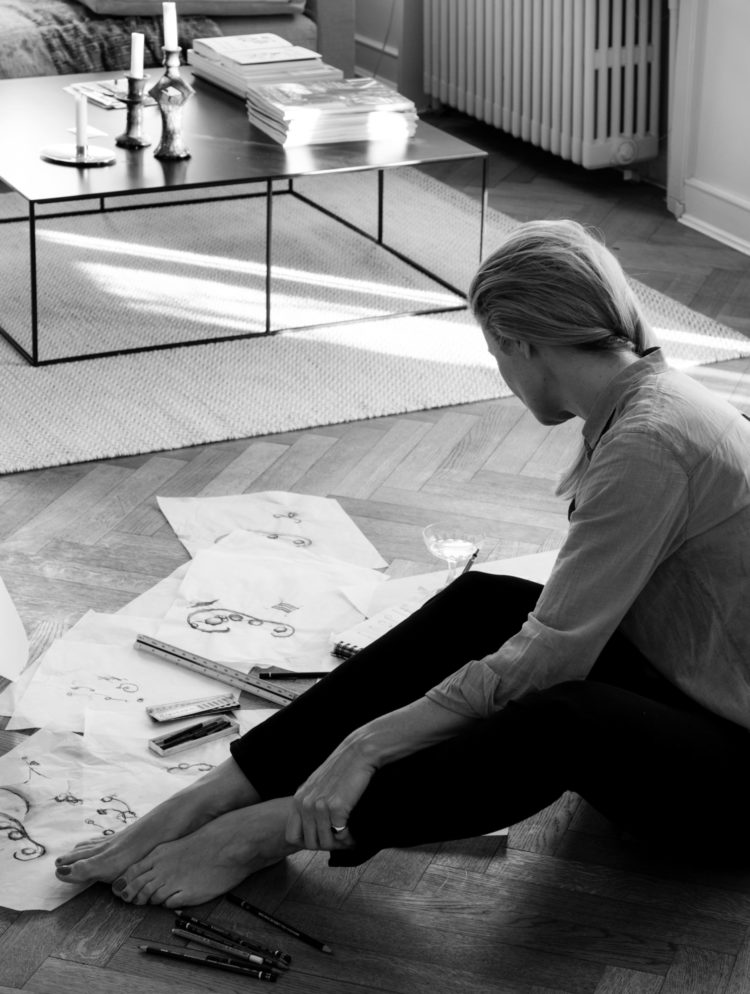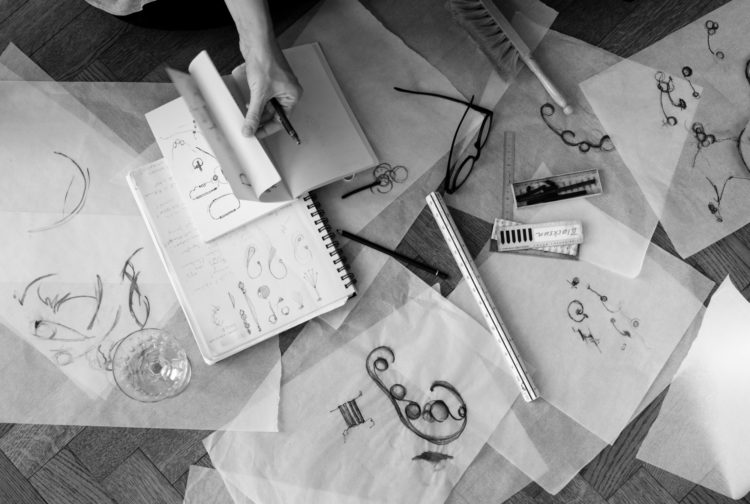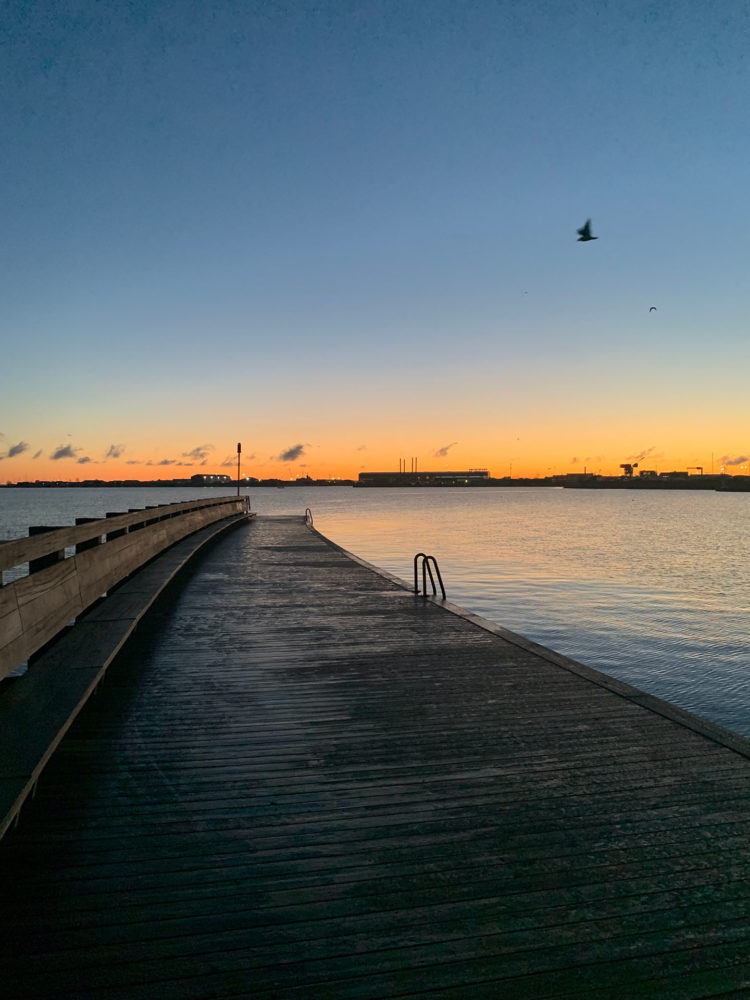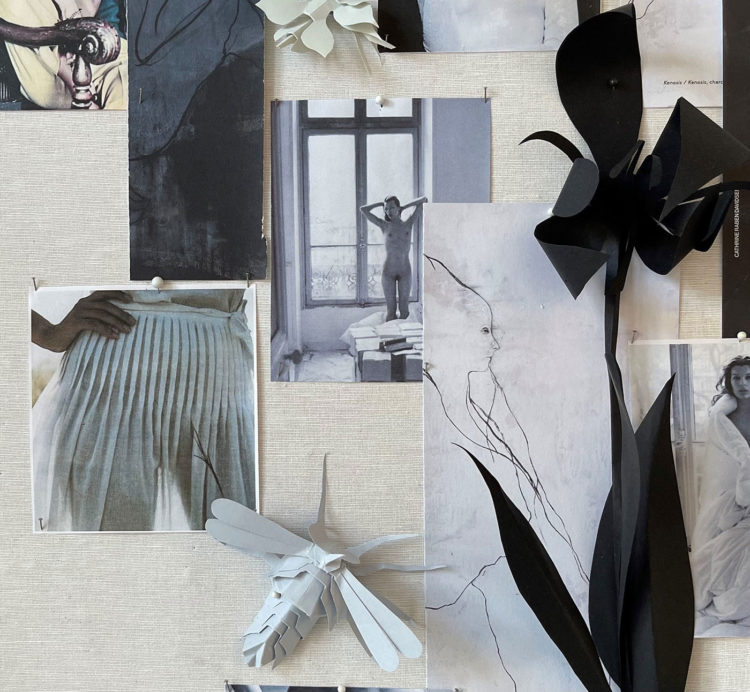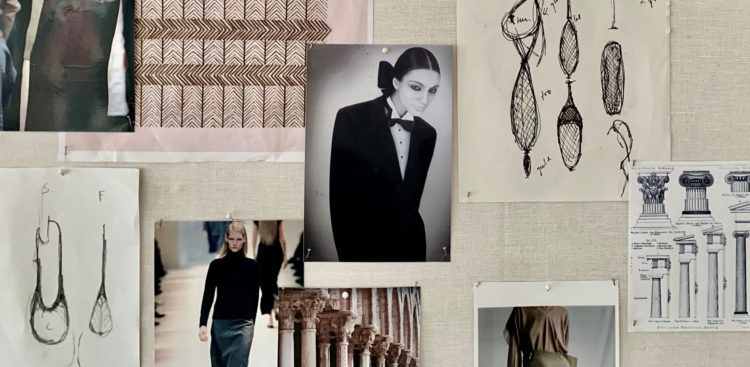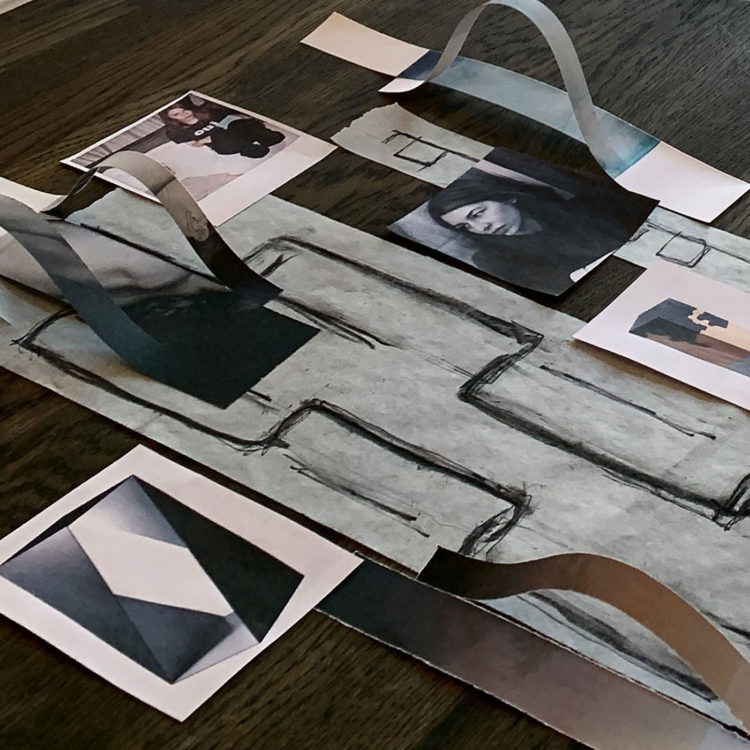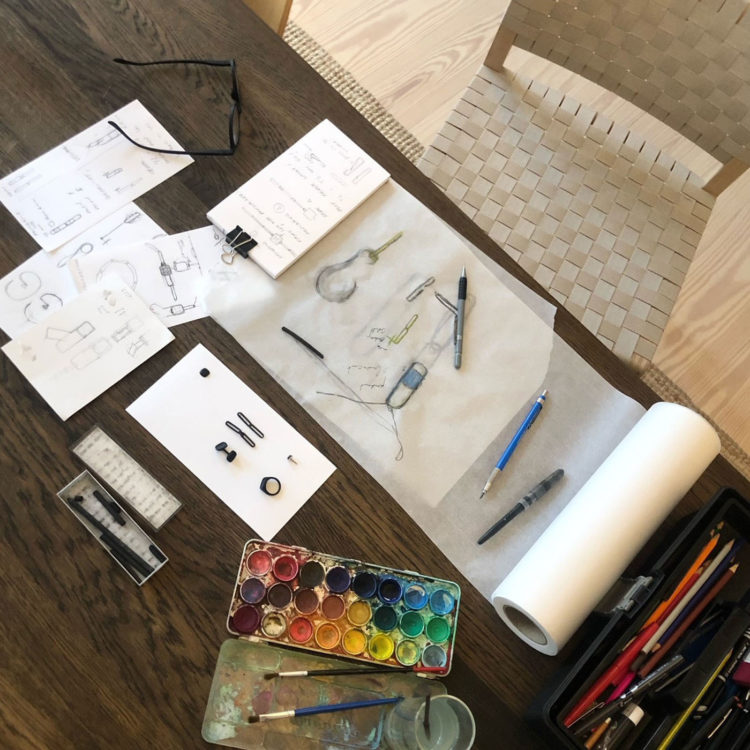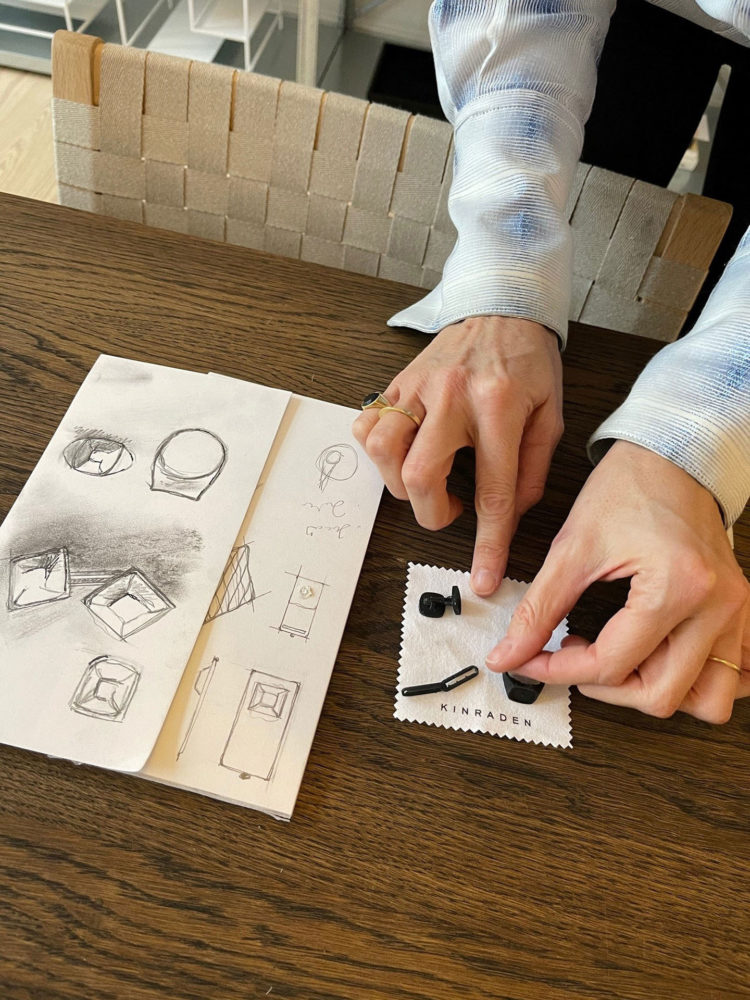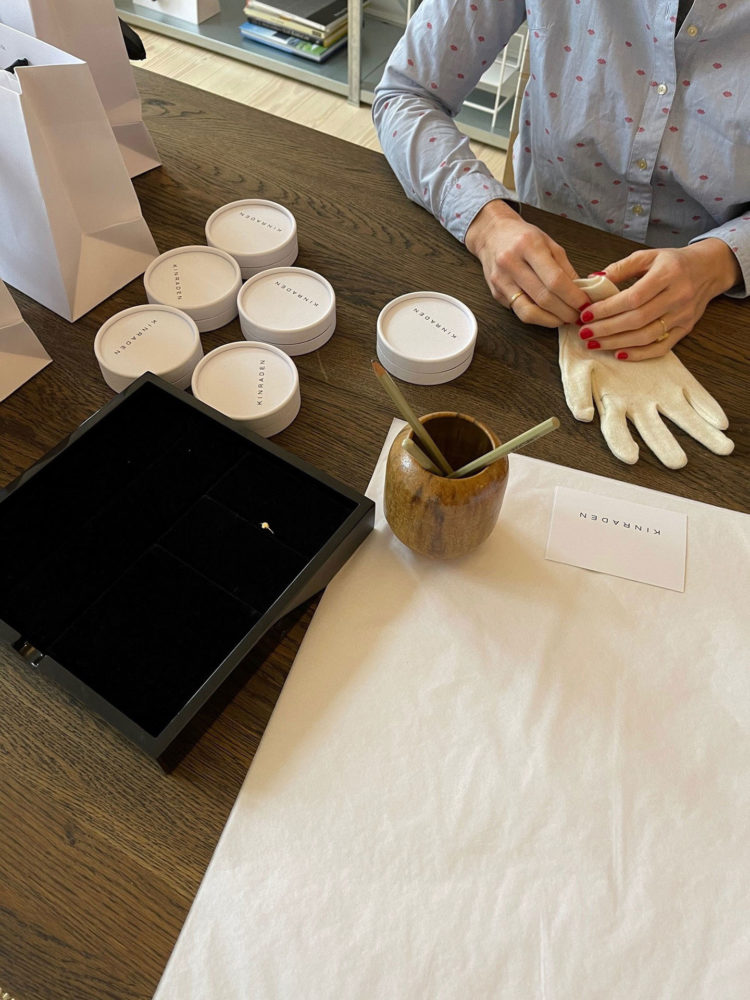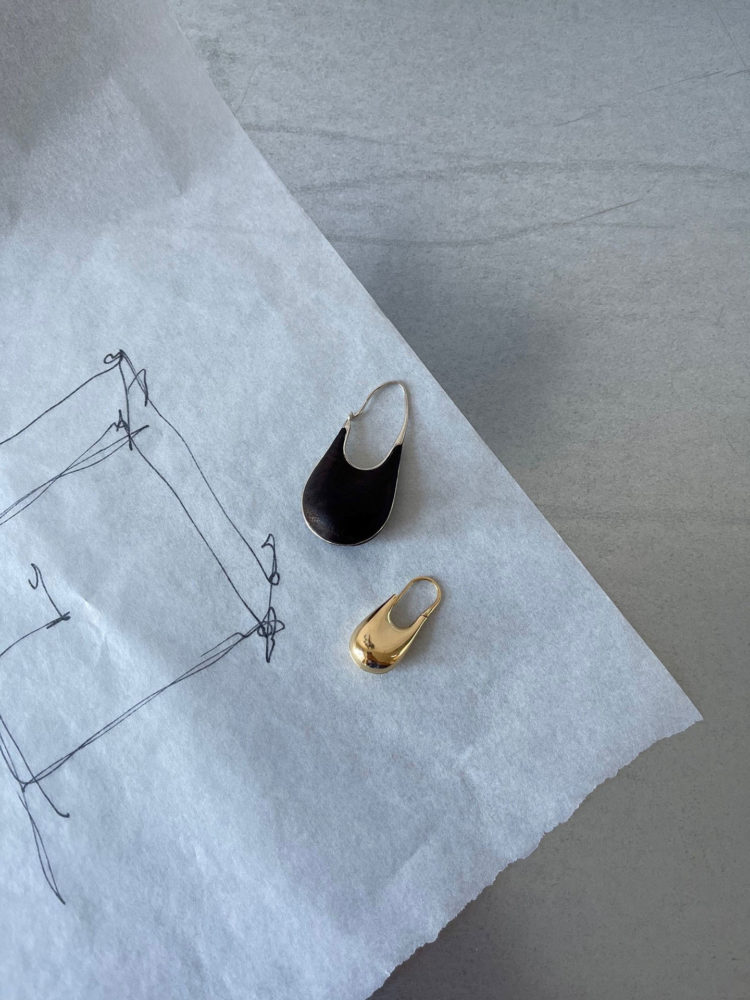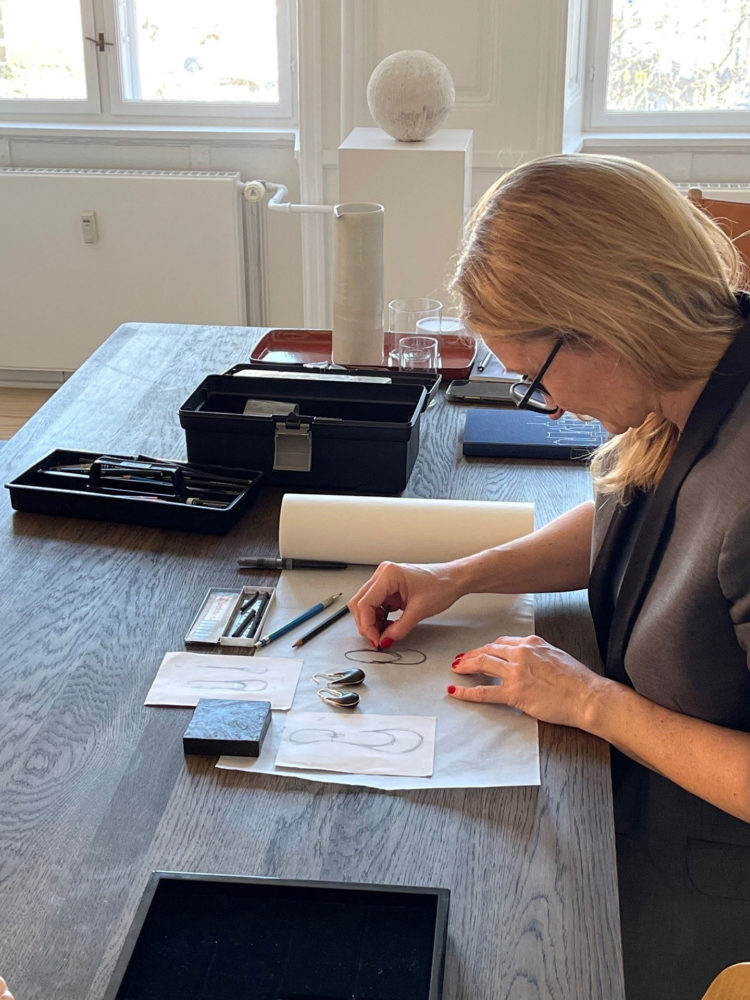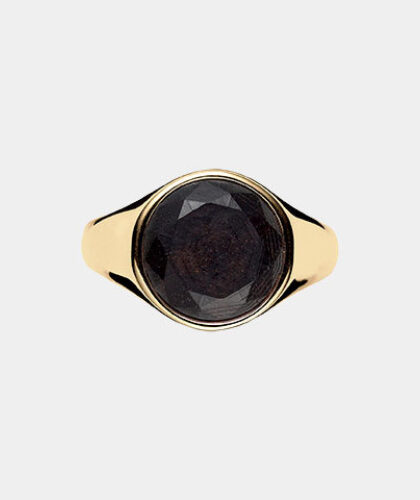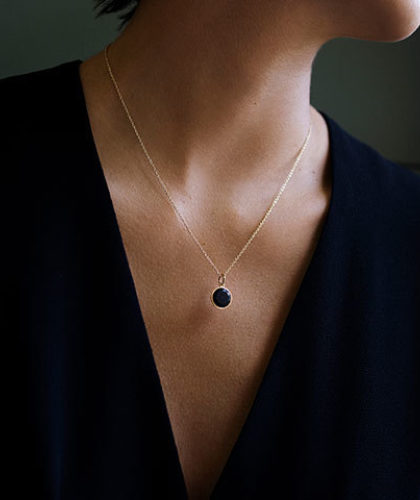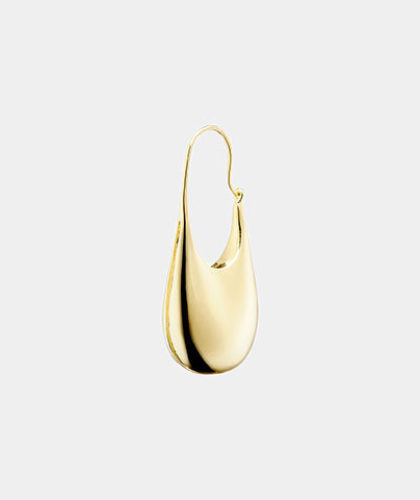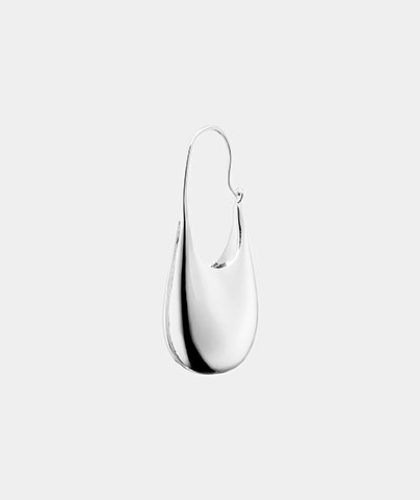Kinraden
Jewellery Designer
Sarah Müllertz, the Danish architect and former partner at Hennings Larsen, doesn’t recall the moment she decided she was going to become a jeweller.
Launching Kinraden, a jewellery brand which explores a minimalist aesthetic, sprang from a growing curiosity to explore another design medium and the opportunity to work with different materials — in this instance, black Mpingo heartwood “diamonds” from certified forests, and recycled gold and silver — a way to challenge the jewellery business. “There’s no reason to mine any more gold or silver, there’s enough of it out there. I also wanted to figure out how I could create something relevant for longer. And for me that was really fascinating, it was like creating a small building.”

“Jewellery is like architecture,” reflects Müllertz, “you need to work with the construction and the materials, know the narrative, understand the DNA and examine how much you can stress or stretch it. And for me that was really fascinating, it was like building small building pieces.

“I used the same triangular method that I was taught at the Royal Academy (in Copenhagen). In architecture, you have the place, the function of the house, the inhabitants and the materials. It’s the same with jewellery, you need to consider the function of the materials, where and how should they be placed? How should it be worn?
“For me it’s about wearing a piece of jewellery that leaves space for your own experience and at the same time making it as simple as possible. I focus on the theory proposed by Adolf Loos – who called ornament a 'crime' – and the tradition of the Bauhaus, because I think simplicity is really beautiful. It’s really clean. Doing something very simple is really the hardest thing you can do because there isn’t any room to hide.”
Many pieces are embedded with Kinraden’s signature African Blackwood diamonds. These velvety black diamonds are cut and polished according to traditional diamond cutting techniques. Mpingo wood is the world’s hardest type of wood and otherwise used in clarinet production. These ‘diamonds’ involve no harmful mining but are harvested from a healthy WWF protected forest in Tanzania.
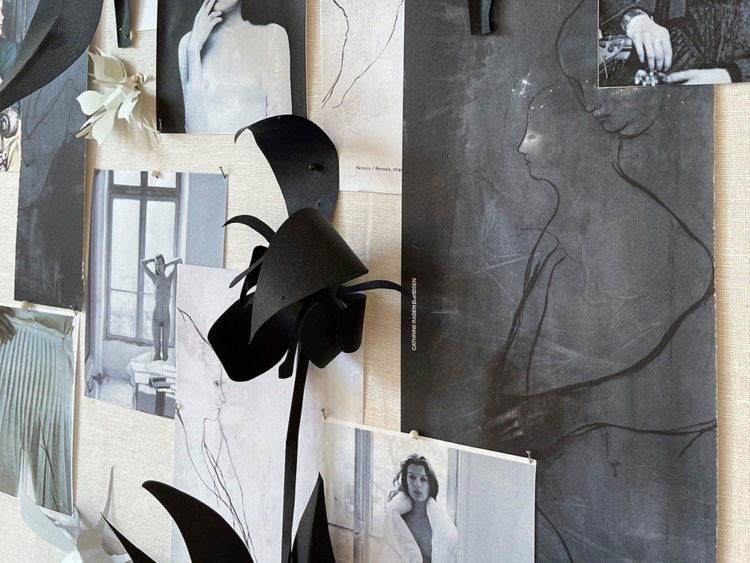
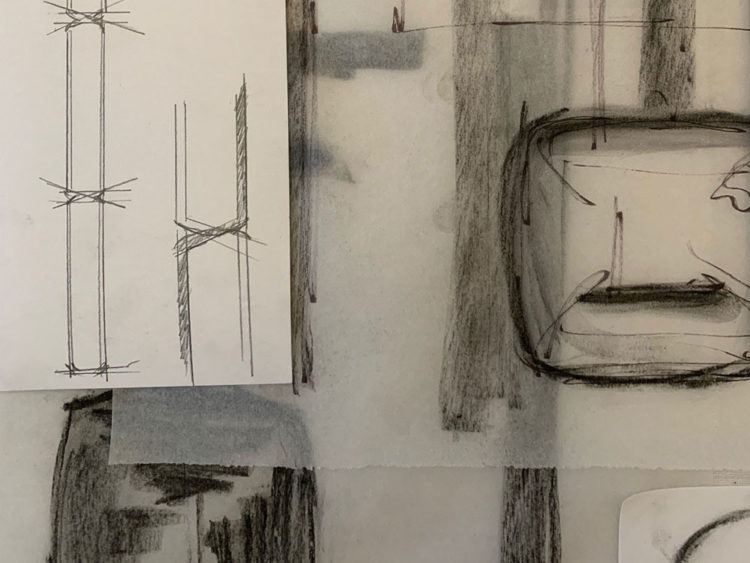
For Müllertz, working on Kinraden also furnished the opportunity to make a personal impact by creating a business with a circular economy. Sustainability, she says, is “so much easier to do that on a smaller scale than in a huge corporate machine.” Even the name Kinraden was chosen because it’s an old English word, meaning next of kin. “It feels right to feel connected and many people want to buy not only into good design (of course that’s the first thing you see) but also the values and the thinking of the company. For better or worse, we share the same planet.”

